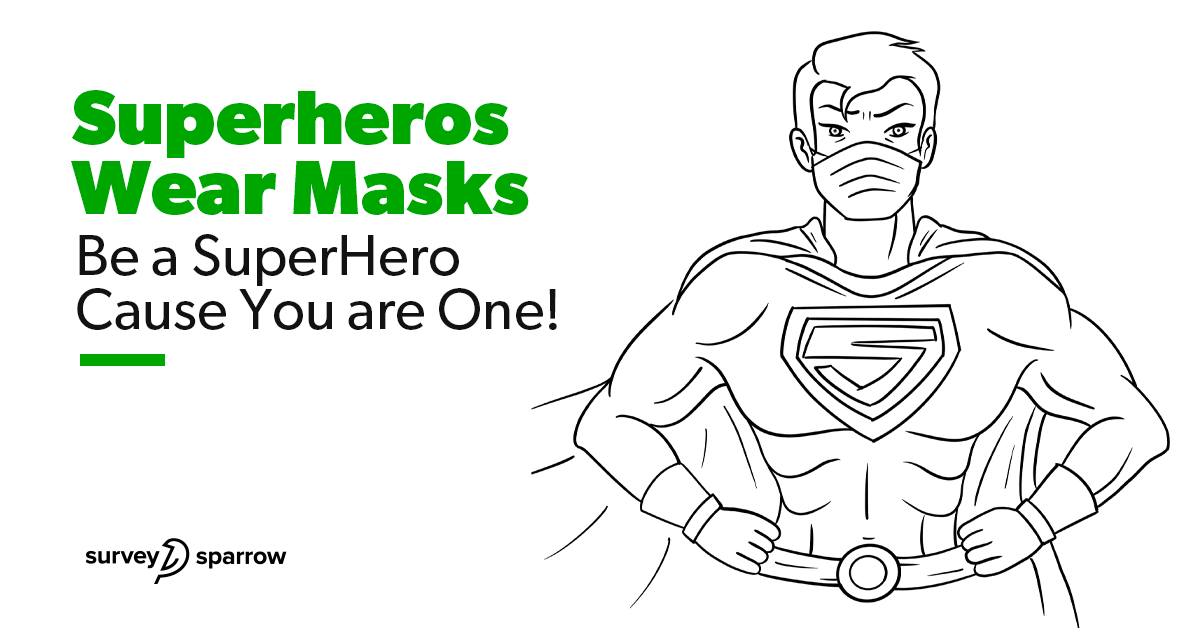On 31st December, China alerted the WHO, or World Health Organization, about pneumonia-like flu that was gripping the district of Wuhan, in the Hubei province in Central China. It had a population of 11 million, and the origin of the outbreak was rounded in on the seafood market, which was shut down soon after. The common viral infections like SARS, MERS, and bird flu were ruled out, and Chinese authorities identified the virus as Coronavirus, later named as COVID-19.
On 11th January, authorities reported the first death due to Coronavirus in Wuhan.
From Wuhan in China, the COVID-19 has spread to Thailand, Japan, South Korea, US, Singapore, Canada, Nepal, Mexico, Sri Lanka, Taiwan, Germany, UAE, UK, Russia, Spain, Sweden, Malaysia, Belgium, India… amongst the 141 countries affected.
How many people are affected by the COVID-19 virus?
According to Johns Hopkins University & Medicine, as of 17th March 2020, the death toll is at an alarming 7,155 with over 182,424 infected cases, globally. There has been a recovery in 79,433 cases.
What are the symptoms of COVID-19 Coronavirus?
The symptoms begin with fever, aches, dry cough, and breathing difficulties. These symptoms can advance to shortness of breath, and with complications lead to pneumonia and multiple organ failure. There have been cases that reported sore throat, headache, fatigue, nausea, and diarrhea. The incubation period of the virus is 14 days and is contagious even before the symptoms begin to manifest. Consequently, some patients may not display the symptoms; however, they become carriers of the virus and spread it to others. Therefore, such asymptomatic cases are far more dangerous since they aren’t sick enough to be hospitalized or quarantined and may pass on the infection to any person who comes in contact with them.
What are the precautions to be taken against COVID-19 Coronavirus?
There’s currently no vaccine for COVID-19 Coronavirus. In such a case, the best and only way to fight the virus is through prevention. And, the first step towards prevention is by avoiding direct exposure to the virus. The COVID-19 Coronavirus initially spread from animals to humans. However, the mutated virus can now transmit from person-to-person through close contact. The spread occurs vis-a-vis respiratory droplets produced through coughs and sneezes of an infected person. These may come in contact with people surrounding or even through inhalation through our lungs.
Here are some of the precautions you can take as a preventive against COVID-19 Coronavirus.
Preventive #1: Wash your hands often

Ensure that you cleanse your hands for at least 20 seconds with soap and water, especially after you’ve been to a public place, or during sneezing and blowing your nose. Hand sanitizers with alcohol content of at least 70% is also an excellent alternative. Make sure that you wash and clean the surface between your fingers and avoid touching your face, nose, or eyes.
#tip: Sing a song while washing your hand and cleanse for around 20 seconds as recommended by CDC. The popular ‘Happy Birthday to You’ song, when sung in normal speed, lasts for this duration. Sing and cleanse, folks!
Preventive #2: Wear a facemask if you’re sick

If you’re sick, then wear a facemask around others and while you visit a healthcare facility. If you are looking after someone who cannot use a facemask, for instance, due to breathing difficulties, then wear a mask around them. Visitations are strictly not recommended during this time. Cover your mouth and nose while coughing or sneezing.
Preventive #3: Social Distancing

One of the best ways to overcome and curb the COVID-19 Coronavirus is by social distancing. Avoid social gathering with more than six people, public places like gym, movie theatres, functions & celebrations, to prevent active and asymptomatic covid 19 spread. Avoid shaking hands, and move towards non-contact waves and Namastes. Stay at home if you’re sick and quarantine under medical supervision. Step out only for medical consultation.
Preventive #4: Be alert and aware

Stay safe at home and look out for symptoms. Commonly, the DHR- Dry cough, High fever, and Respiratory distress. Seek medical help and stay in quarantine if your symptoms worsen.
Preventive #5: Clean and disinfect
Ensure you routinely clean and disinfect your surroundings. This includes tabletops, doorknobs, mobile phones, keyboards, toilets, etc.
We are in a period of extreme crisis. True.
However, like everything, we shall overcome this as well. Therefore, stay safe, distance socially, and take this time to retrospect and connect.
If you’re working remotely, do have a look at the FREE employee self-help portal we have created to help teams to function remotely and stay connected always. If you’re an NGO, community, or non-profit organization, we have a FREE self-help portal to help you coordinate and run day-to-day activities efficiently.
You can access the free portal right here: https://surveysparrow.com/help-each-other.
Until then,
Stay safe, remain calm, and exercise caution!
Best,
Team SurveySparrow







